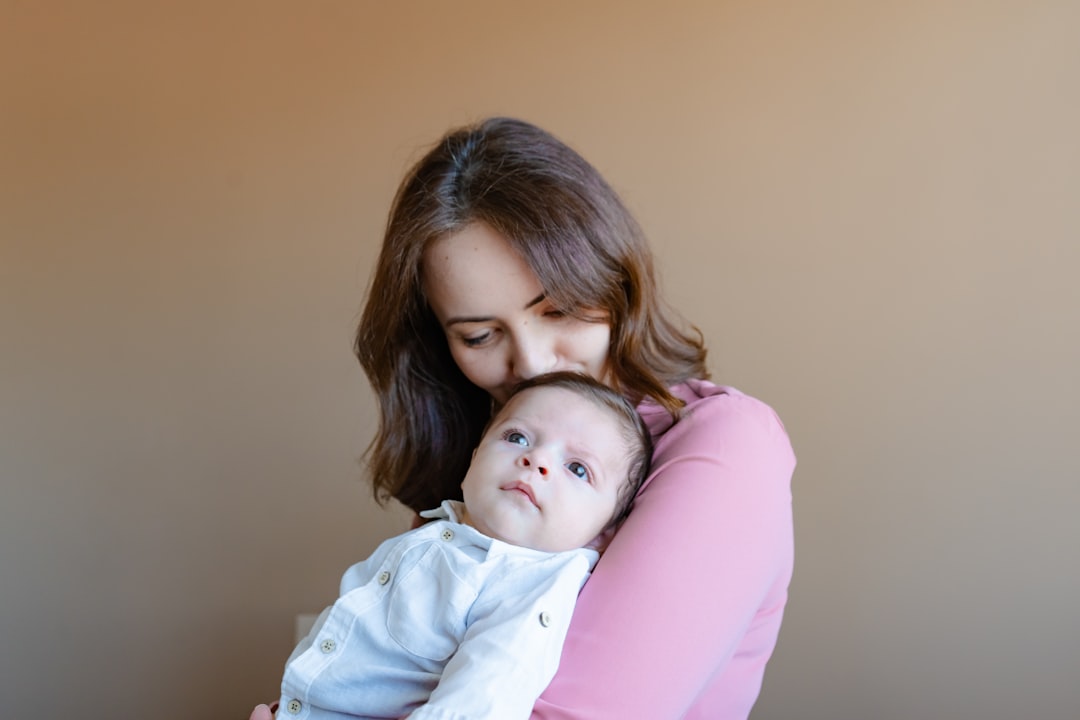Understanding postpartum depression: Lifestyle changes + when to ask for help
The joy of welcoming a new baby can sometimes be overshadowed by unexpected emotional challenges. If you’re experiencing persistent sadness, anxiety, or disconnection after giving birth, you’re not alone—and you’re not failing as a mother. These feelings might be signs of postpartum depression (PPD), a serious but treatable condition affecting many new mothers.
Postpartum depression vs. baby blues: Recognizing the difference
Many new mothers experience the “baby blues”—brief periods of mood swings, anxiety, sadness, and irritability that typically resolve within two weeks after delivery. According to the Mayo Clinic, these feelings are normal and temporary.
Postpartum depression is different. The American Psychiatric Association defines it as a serious medical illness with symptoms that can begin during pregnancy or within one year following delivery. These symptoms are more intense, last longer, and significantly interfere with your ability to care for yourself and your baby.
Key PPD symptoms include persistent feelings of sadness, anxiety, or emptiness most days; loss of interest in activities you previously enjoyed; and difficulty bonding with your baby. You might find yourself withdrawing from family and friends while experiencing overwhelming fatigue or intense irritability. Many mothers with PPD report feeling like they’re not good enough, harboring hopelessness about the future, or even having thoughts of harming themselves or their baby.
A CDC study found that 7.2% of women had depressive symptoms 9-10 months after giving birth, and interestingly, more than half of these cases didn’t show symptoms in early postpartum screenings—highlighting why ongoing mental health awareness is crucial throughout the first year.
Lifestyle strategies to manage postpartum depression
While professional treatment is often necessary for PPD, certain lifestyle changes can complement medical care and support your recovery:
1. Prioritize self-care (even when it feels impossible)
With a newborn demanding constant attention, self-care might seem like a luxury, but it’s essential for your mental health. Start small—even five minutes of deep breathing while the baby naps counts. Lower your standards; a perfectly clean house can wait. Accept help when offered and let others take the baby while you shower, nap, or simply sit quietly.
2. Strengthen your support network
Isolation can worsen depression symptoms. Building connections helps combat this isolation. Communicate openly with your partner about your feelings and reach out to trusted friends or family members. Consider joining a postpartum support group to connect with others having similar experiences. If in-person connection is difficult, explore online communities for new mothers where you can share experiences and receive encouragement.
3. Focus on nourishing nutrition
Your body is recovering from pregnancy and possibly breastfeeding—proper nutrition supports your mental health. Emphasize omega-3 fatty acids found in fatty fish, walnuts, and flaxseeds. Include protein at each meal to stabilize mood and stay hydrated throughout the day. Try to minimize caffeine and sugar, which can trigger anxiety and mood swings. Consider preparing simple, nutritious meals ahead of time or accepting meal deliveries from friends and family.
4. Improve sleep quality (within reason)
Sleep deprivation can worsen depression, though getting enough rest with a newborn is challenging. Sleep when your baby sleeps when possible and share night duties with your partner if feasible. Consider pumping breastmilk so others can handle some feedings. Create a restful sleep environment that’s dark, cool, and quiet, and establish a brief pre-sleep routine to signal your body it’s time to rest.
5. Incorporate gentle movement
Exercise releases endorphins that can improve mood. Take short walks with your baby in a stroller or carrier, or try gentle postpartum yoga (many online classes are specifically designed for new mothers). Start with just 5-10 minutes daily and gradually increase. Focus on movement that feels good rather than intense workouts that might deplete your already taxed energy reserves.
When to seek professional help
While lifestyle changes can help, postpartum depression is a medical condition requiring proper treatment. According to the National Institute of Mental Health, you should contact a healthcare provider if you experience symptoms for more than two weeks, find that your symptoms are getting worse rather than better, have trouble caring for yourself or your baby, or have thoughts of harming yourself or your baby.
Seek emergency help immediately by calling 911 or going to the nearest emergency room if you have thoughts of suicide or harming your baby, or if you experience symptoms of postpartum psychosis, including hallucinations, delusions, confusion, or paranoia.
Treatment options may include therapy such as cognitive behavioral therapy (CBT) and interpersonal therapy, which are particularly effective for PPD. Medication like antidepressants can help regulate brain chemistry, and some are safe for breastfeeding mothers. Support groups provide valuable connection with others who understand your experience.
Recovery is possible
Postpartum depression is not a reflection of your character or mothering abilities. It’s a medical condition that responds well to proper treatment. With the right combination of professional help, lifestyle adjustments, and support, recovery is not just possible but likely.
Remember that caring for your mental health is one of the most important things you can do for both yourself and your baby. You deserve to experience the joy of motherhood without the weight of depression, and reaching out for help is the first step toward healing.



